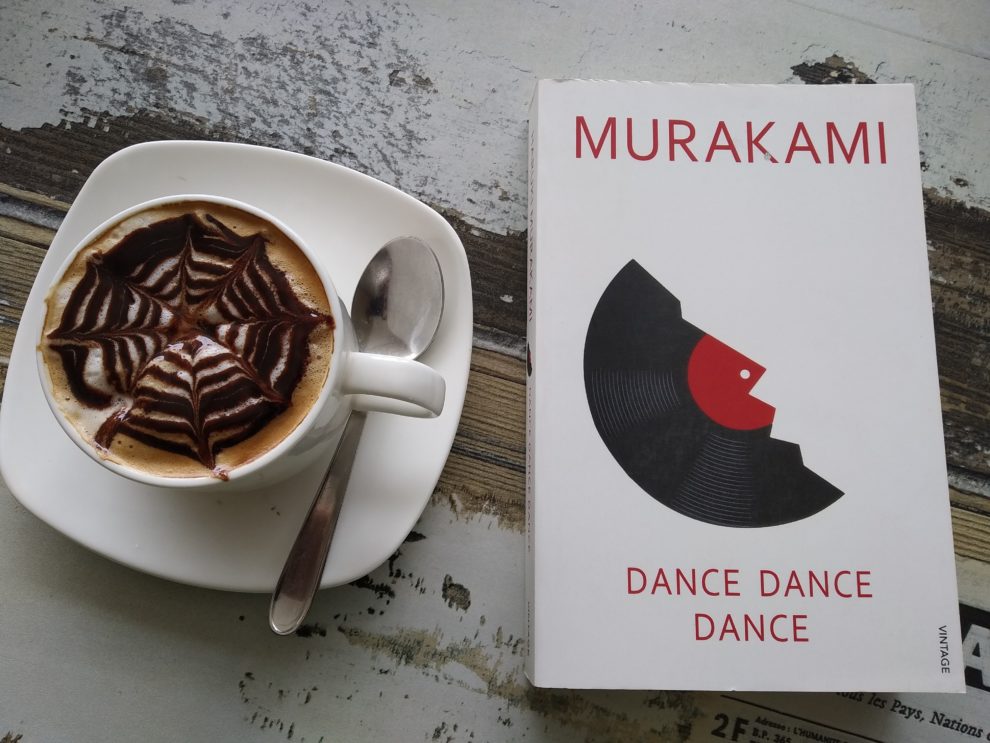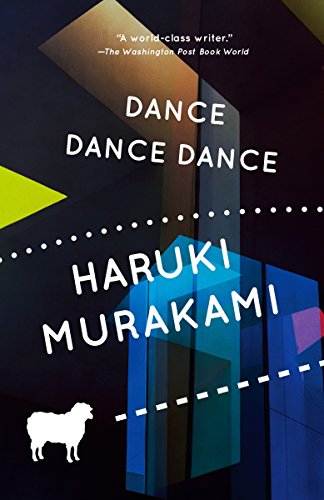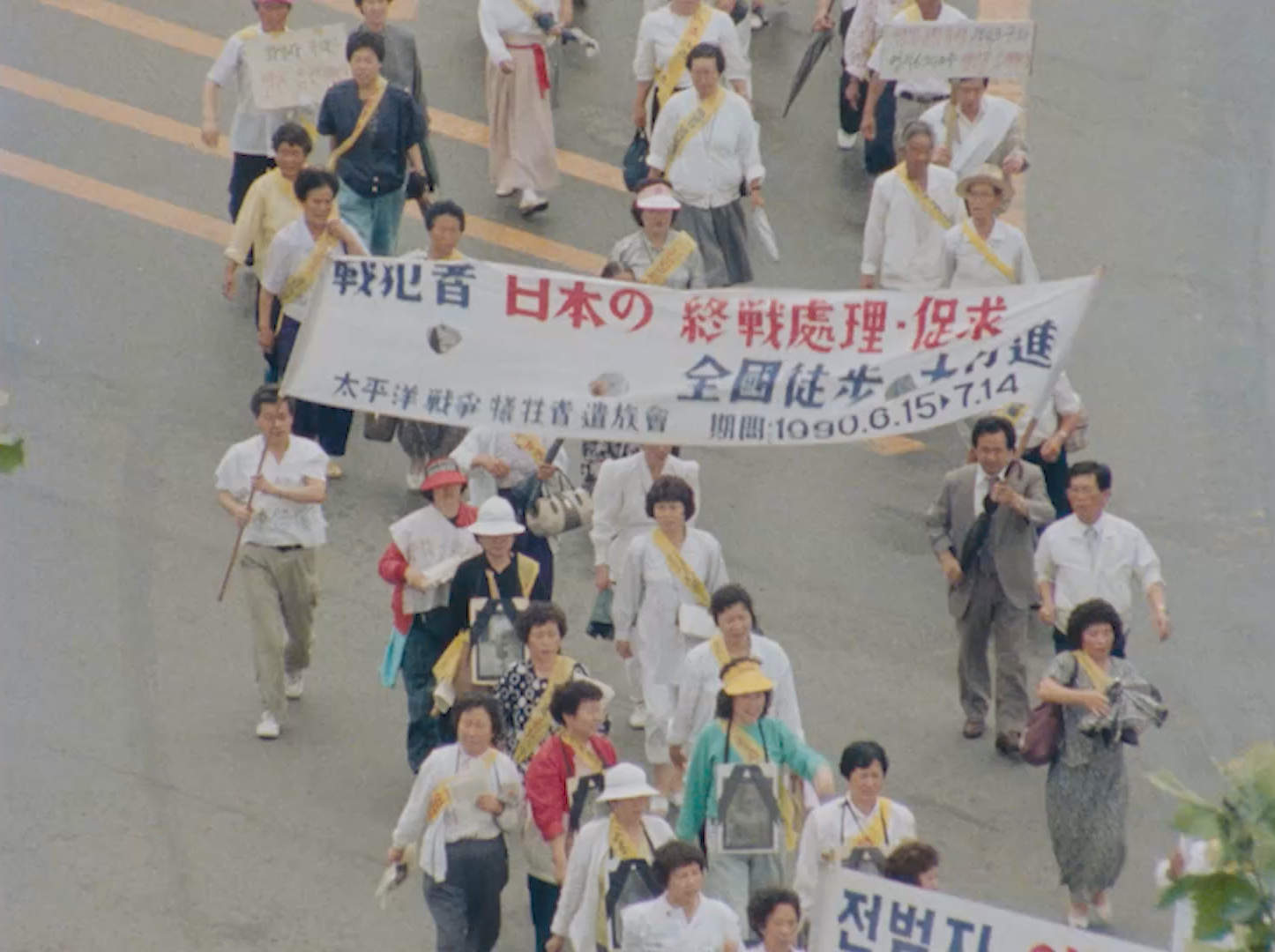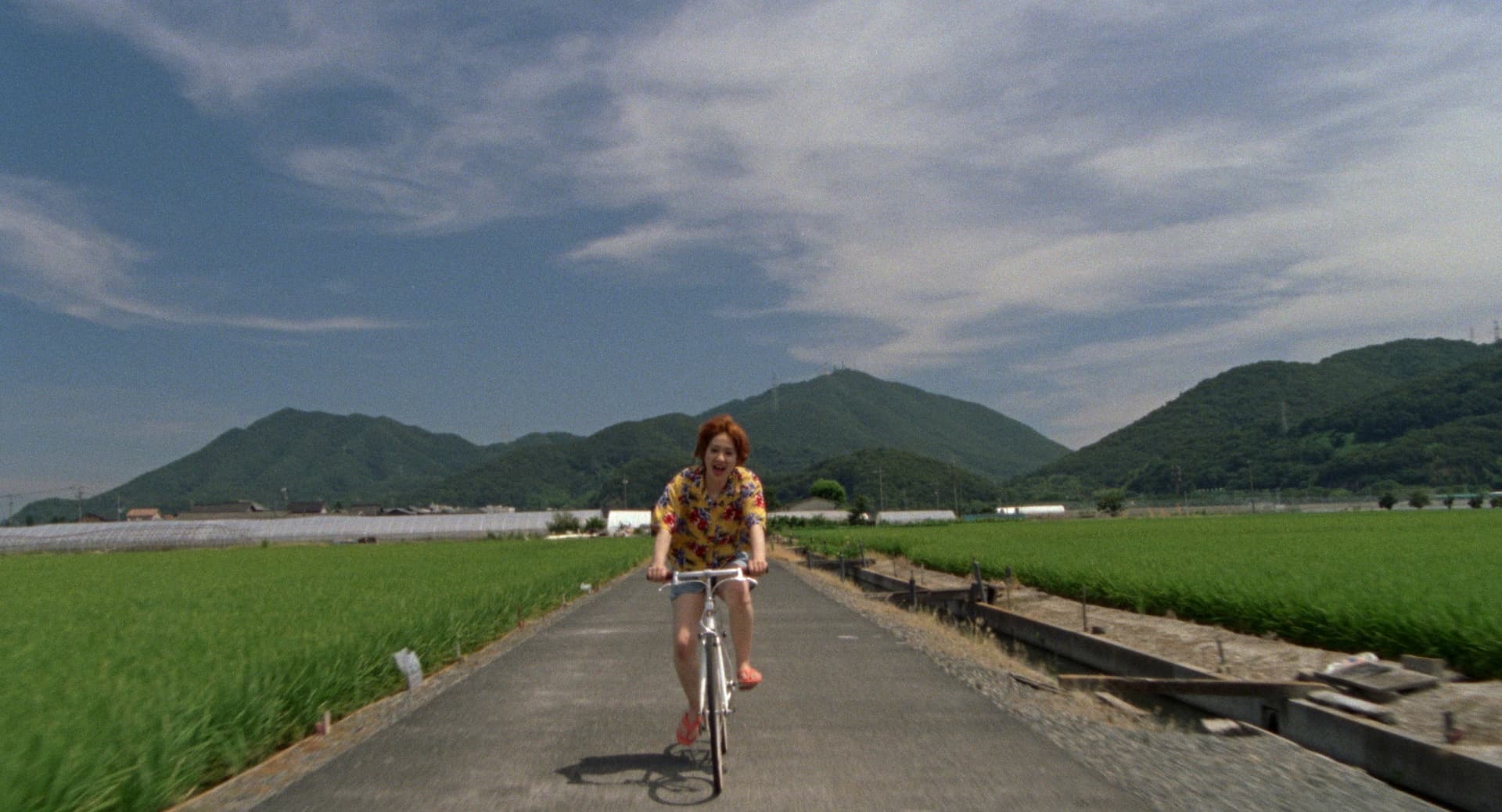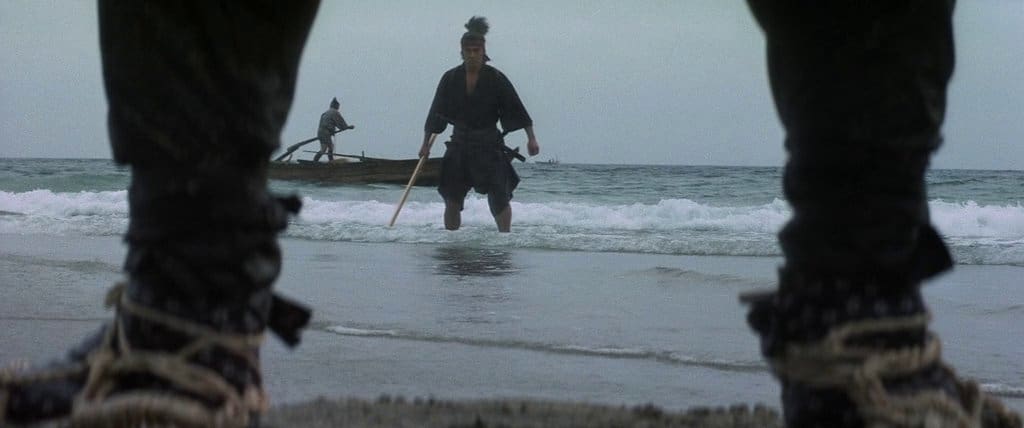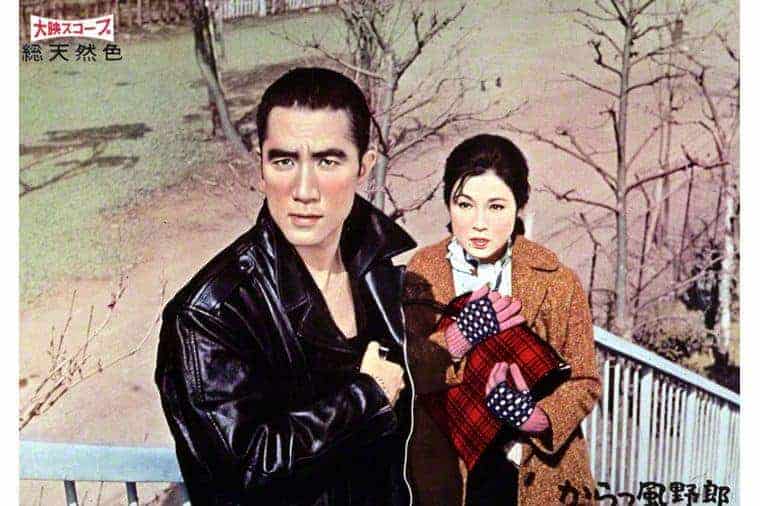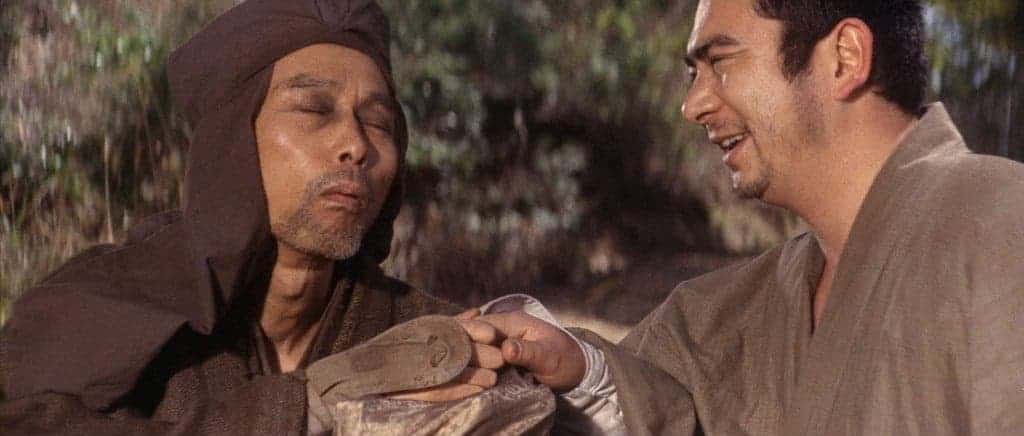What can I say about “Dance, Dance, Dance”… The “loosely” ultimate part of a series of books that goes by the name The Rat or alternatively the Kitchen-Table fiction (young Murakami began working in his kitchen table when he had the epiphany in a baseball game to become a writer). “Hear the Wind Sing” (1979) was the first appearance of an unnamed young man in his 20's living a lifestyle of no certain purpose, while “Pinball, 1973” (1980) and “A Wild Sheep Chase” (1982) were the ones that followed so as to meet him again a few years later in his life still puzzled and without the foggiest idea of reaching to a conclusion about his time on earth.
Buy This Title
There's no need to read the novels in the order of their release. “Pinball, 1973”, for instance, was a draft in 1972 and remained so until 1980, which means that the first part of the series literally was the second to be published. While there's no tight plot in any of them, the concepts of social resistance, existential dead end, sexuality and, of course, what else, but the loneliness of a man – a man without a woman- are common in all four books.
Nevertheless, our anonymous protagonist, now 35, is very close of finding a way out from his struggles. Still a huge and effective anti-capitalist and now-divorced, the hero of the novel works as a commercial writer and reviewer, and as a matter of fact he excels at it, a circumstance that provides him with a kind of “social rehabilitation”. The only problem he faces is that a woman trapped in a wreck of a hotel cries for him in his sleep. Not that he hasn't got to cope with other trials, he just doesn't mind them anymore. Like in all the other books in the series, he is a guy that goes with the flow. Therefore, he decides to visit the hotel he once resided with his then girlfriend Kiki. But in real life, Kiki is missing and the wreckage The Dolphin Hotel was some time ago, is now the state-of-the-art residence L 'Hotel Dauphin.
Apart from Kiki, there are plenty of characters in this story that are going to disappear, and all attached in some way with our hero. Like a detective lost in modern Tokyo in a futuristic film-noir, this guy, once in a while, attempts to figure out the answers to the riddles of the missing people, but for umpteenth time Murakami isn't interested to answer any of them, making only philosophical observations about life and death through the cynic words of his protagonist. Even life and death is part of the capitalistic system in “Dance Dance Dance”, “And you didn't want to die, I know. I'm doing all I can. This is how I live. It's the system. I bite my lip and do what I got to.”

Murakami also comments on Japanese youth, watching junior high-school students wandering in Harajuku streets dressed with high fashion items calling them “clowns” and while he barely stands to look at them, he creates the thirteen-year-old of his dreams, Yuki. Daughter of well-off parents but lonely and almost abandoned, she becomes a loyal comrade of our hero after meeting her in the roof garden of L'Hotel Dauphin listening music through her headphones, drinking orange juice. It wouldn't worth mentioning her, If Murakami as a tribute to Nabokov didn't present her as a nymphet that the protagonist often reminds to himself that if he was 15 years old, he would be a goner for her.
In “Dance Dance Dance”, love is a matter of the unconscious and our hero, in a magical way, spots the mysterious, cute receptionist of L' Hotel Dauphin and falls for her instantly, not only because she is aesthetically pleasing to his eyes but because his fear is her fear (I'm not revealing this so easily). Being courteous and maybe timid, he doesn't force her until later in the book to a completion of their love. Until then, Murakami shows his great knowledge of body psychology and language describing all these little things that people in love notice with each other. A light touch in the bridge of the eyeglasses, a fading tone of voice, folded hands on the table while their faces meet.
In the new, western Dolphin Hotel, a creature with strange attire and weird delivery of speech remains hidden in the walls. In a temple of capitalistic opportunity, there's an entity against civilization, war, the law and the system. A being to remind us the connection to the real world and a used Subaru is all we need to get the things going.


